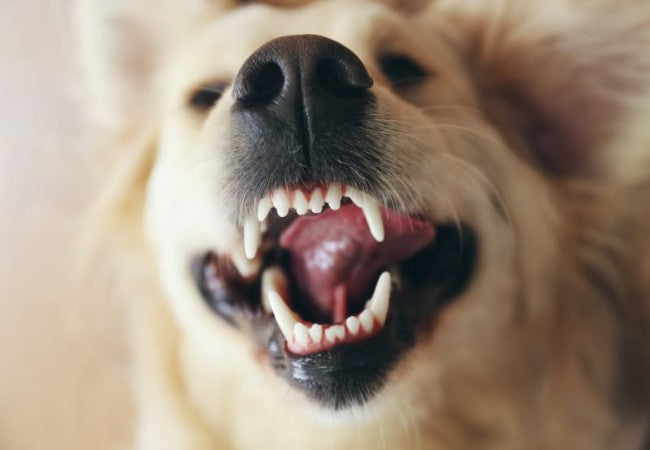Cavities in Dogs: Vet-Approved Guide to Causes, Symptoms & Treatment 2025 🐶🦷

In this article
Cavities in Dogs: Vet-Approved Guide to Causes, Symptoms & Treatment 2025 🐶🦷
By Dr. Duncan Houston BVSc
While cavities—also known as dental caries—are uncommon in dogs, they can still develop and cause significant discomfort. Unlike humans, dogs have naturally high oral pH and eat less sugar-rich diets, but certain breeds and dietary habits increase their risk. Early detection is key to keeping your dog’s mouth healthy and pain-free 🐾.
🧬 What Are Cavities?
Cavities are tooth decay resulting from oral bacteria producing acids that erode enamel and dentin. They appear as darker spots or pits, especially on the chewing surfaces of the back teeth.
⚠️ Causes of Cavities in Dogs
- Poor oral hygiene and plaque buildup 🍽️
- High-carb diets or frequent sugary treats like dog cookies and fruit
- Crowded or misaligned teeth, and thinner enamel in small breeds
- Genetic predisposition—breeds like Chihuahuas, Pugs, Bulldogs, Dachshunds, Poodles, and Shih Tzus show higher incidence
🩺 Symptoms to Watch For
- Excessive drooling or hypersalivation
- Dark spots or discoloration on teeth
- Abnormal chewing or dropping food
- Poor appetite or food refusal
- Pain signs: pawing at mouth, bleeding, swelling
- Bad breath or tartar buildup
🔬 Diagnosis by Veterinary Professionals
Dentists diagnose cavities during an oral exam, often under anesthesia. They probe suspected areas and take dental X-rays to assess the depth (enamel, dentin, pulp).
Treatment depends on severity:
- Stages 1–2: Debridement and dental filling (amalgam/bonding).
- Stage 3: Root canal therapy to preserve tooth.
- Stages 4–5: Extraction may be necessary; other teeth often sealed to prevent spread.
💊 Treatment & Recovery
- Procedure performed under anesthesia
- Post-op care: soft food, no hard chews
- Possible antibiotics (e.g., clindamycin) and pain relief (e.g., carprofen)
- Recovery usually clears within 1–2 days; full healing over weeks
🛡️ Prevention Strategies
- Brush teeth daily with canine toothbrush/paste
- Offer VOHC-approved dental chews or kibble
- Feed a high-quality, low-sugar diet
- Schedule regular vet dental cleanings & exams
- Seal vulnerable teeth to prevent decay
📱 Support & Veterinary Care
If you suspect your dog has dental issues, schedule a professional dental check. For further guidance:
- Ask A Vet: Get expert advice via Ask A Vet.
- Download the Ask A Vet App: Fast veterinary consultations at your fingertips.
Early recognition and professional treatment of cavities preserve your dog’s teeth and prevent pain. 🐾 Keep smiling—keep chewing—keep healthy! 🦷❤️
🐶 For more pet care resources, visit AskAVet.com.






